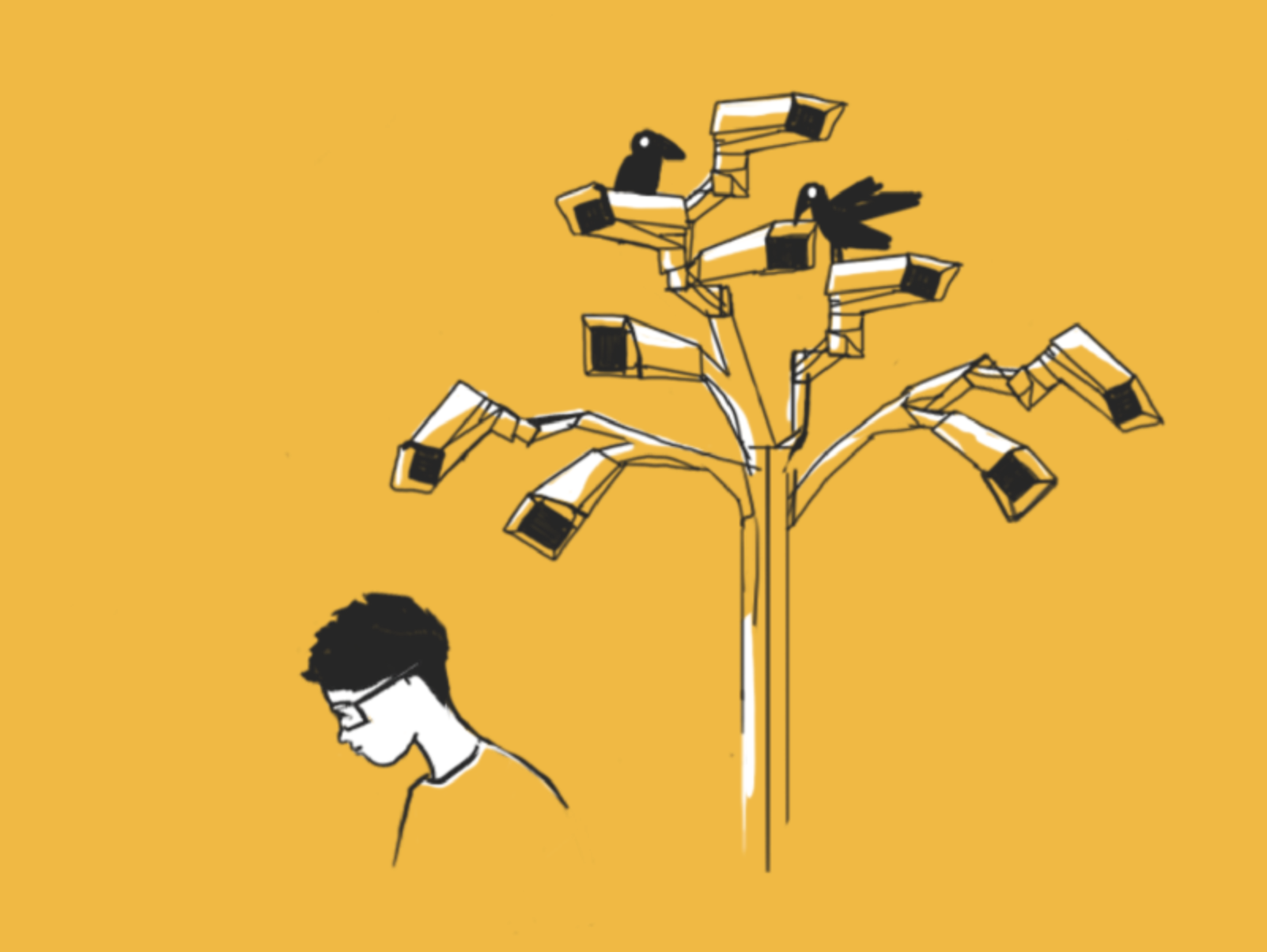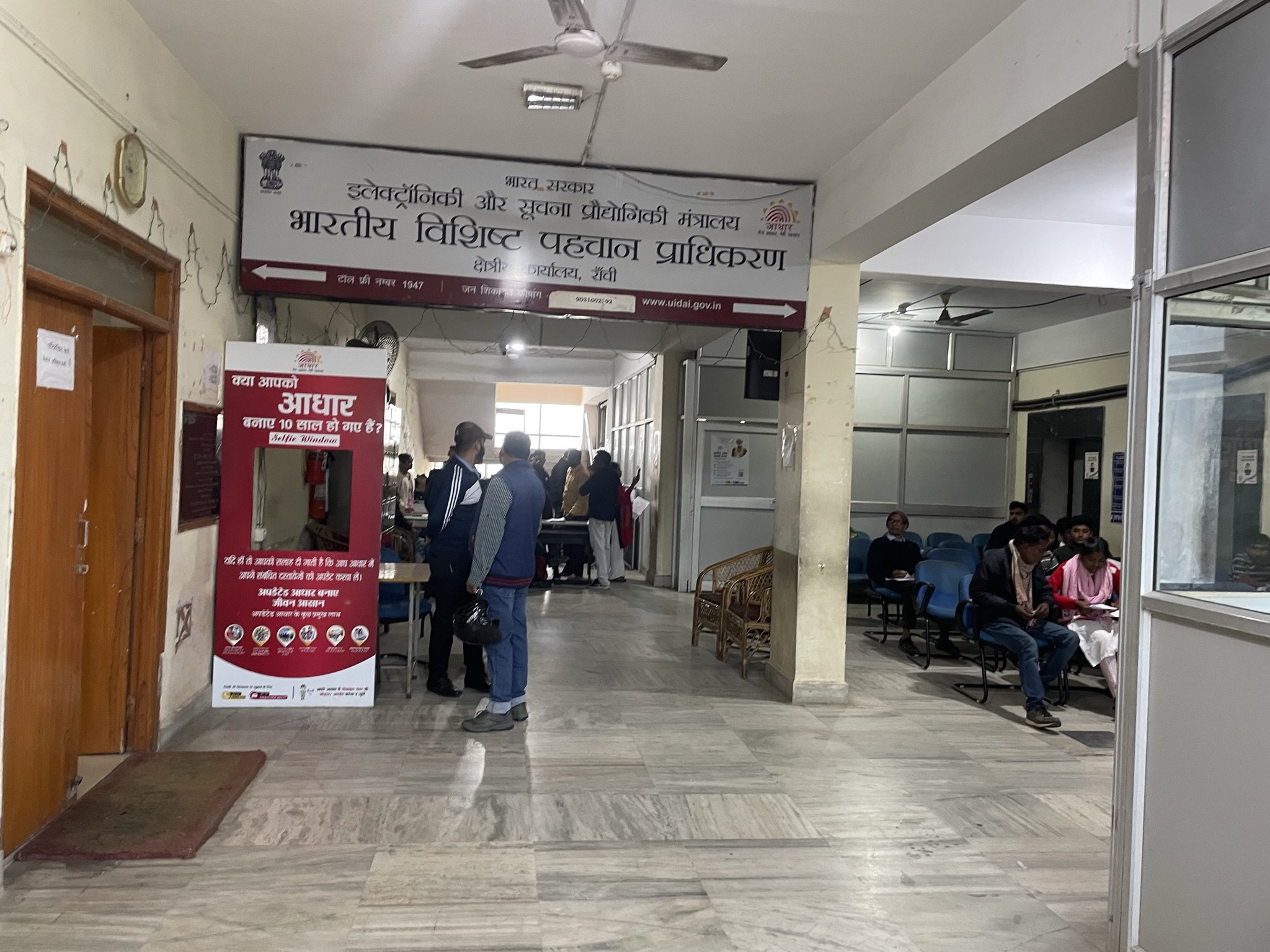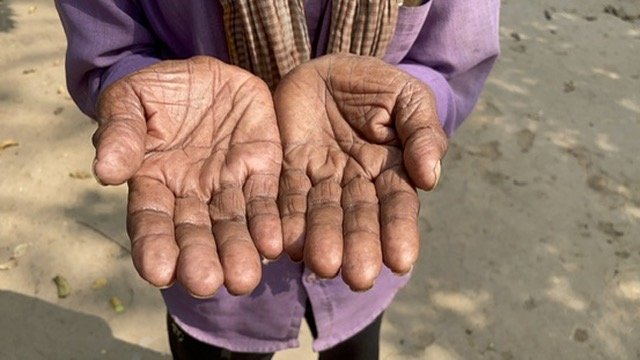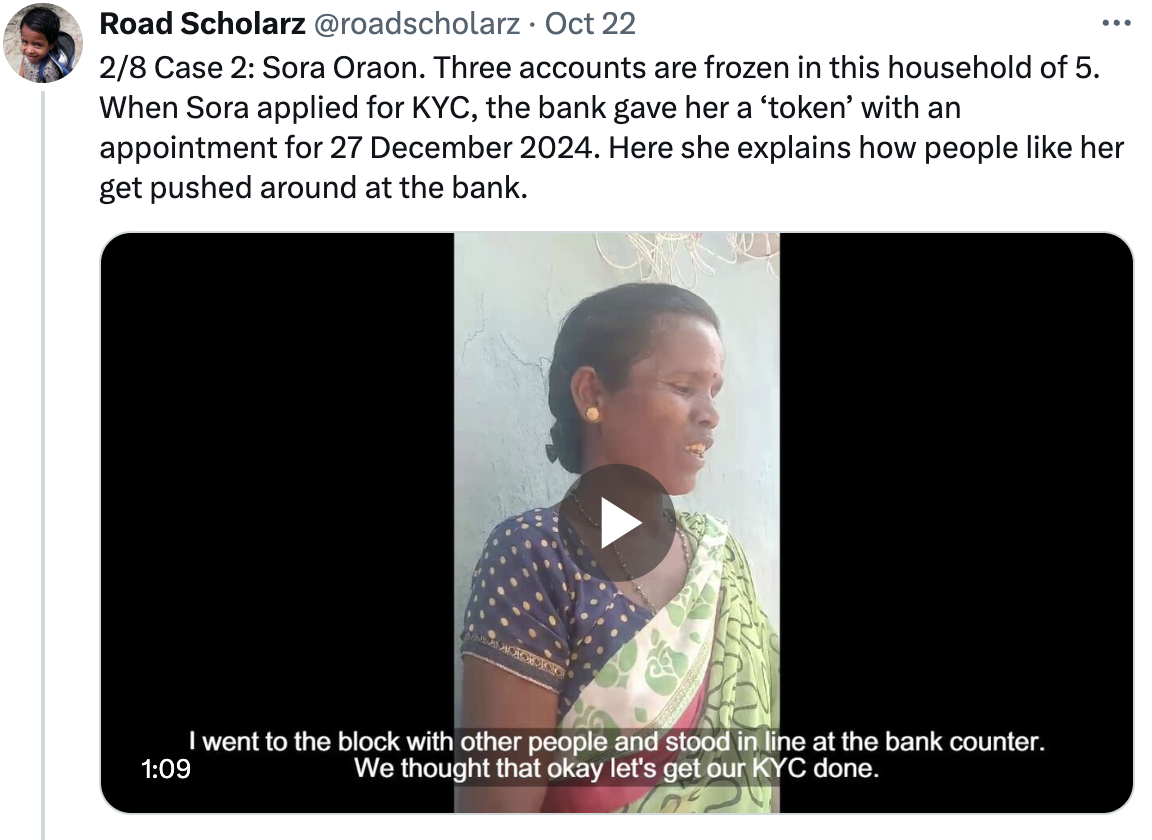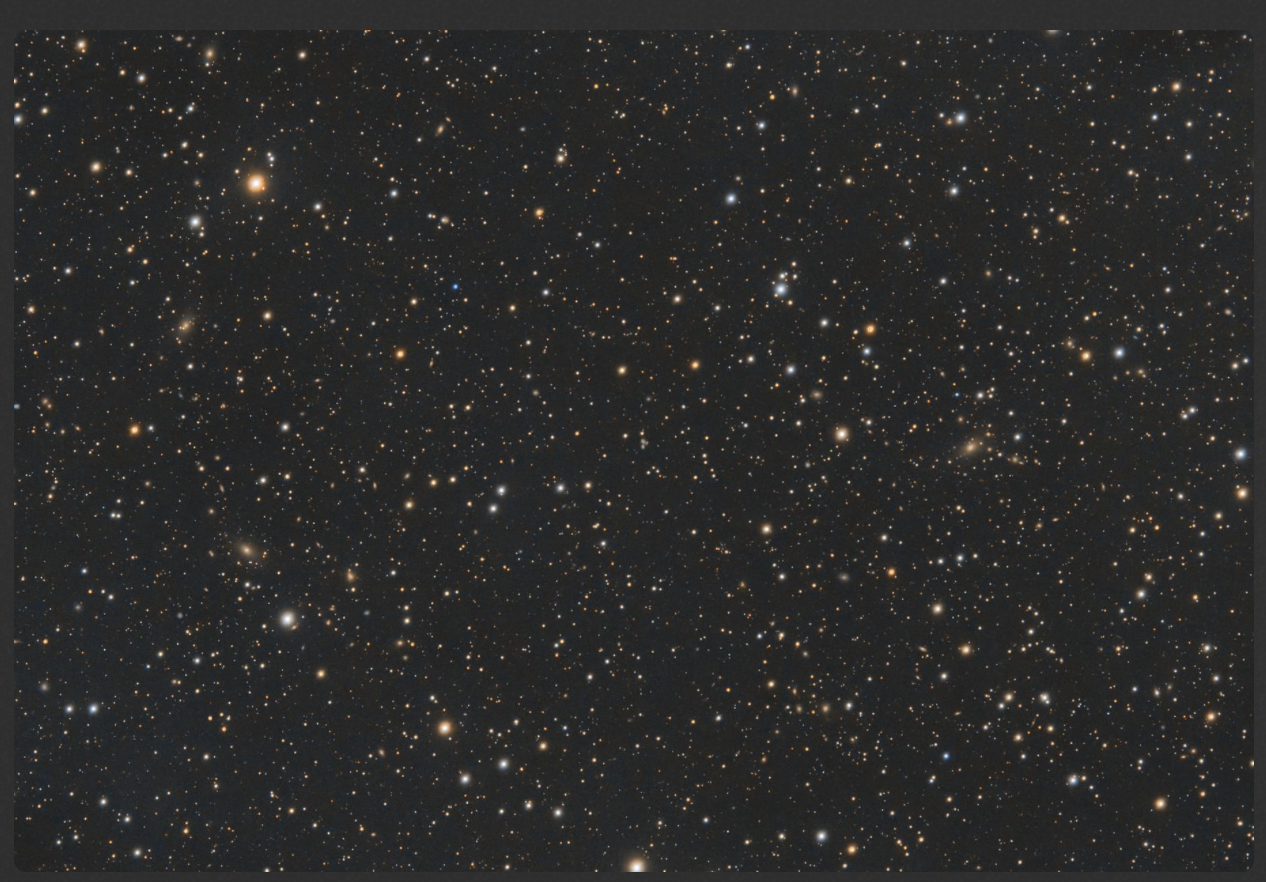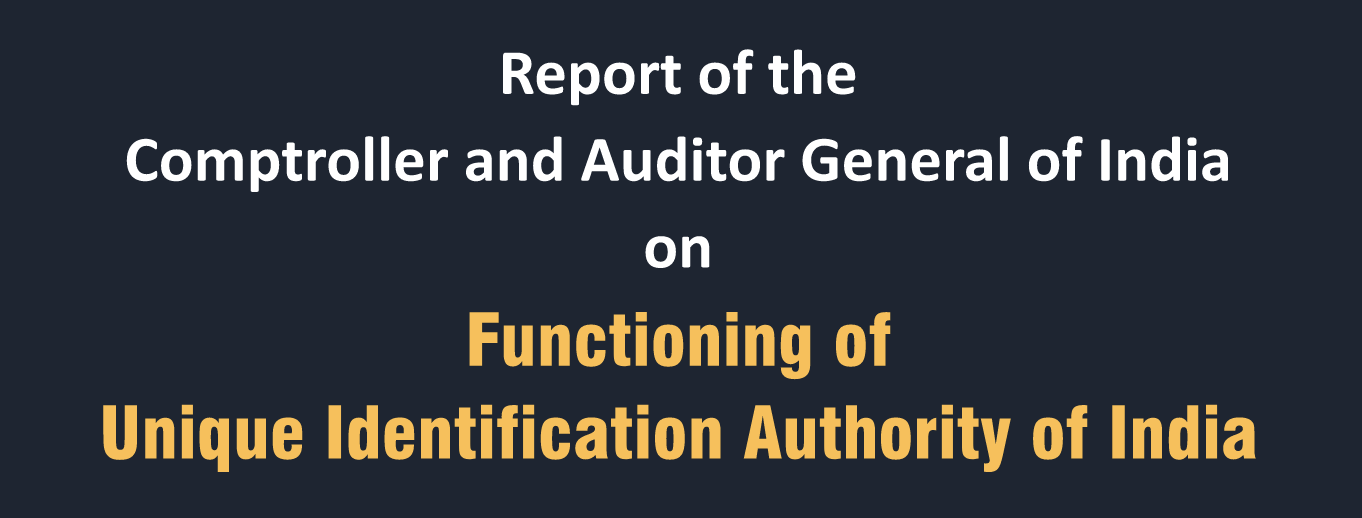Following news reports that a child had died in March of this year due to malnutrition, a fact-finding team of local activists, social scientists and journalists visited Ghatisahi village and found that the child’s family had not received rations through the PDS for 21 months. While Arjun’s mother Tulasi was not able to understand why her ration card had been cancelled, the team found that her name was spelt differently on her Aadhaar card and on her ration card, likely leading to the cancellation of the ration card in the process of attempting to link both.
Issues within the Aadhaar programme are given terms familiar to technological innovation that lighten and obscure the cost of the programme. When people are unable to link Aadhaar with ration cards due to a mismatch in their names on both, or when the internet fails, or when fingerprints don’t work, we are told to call these “teething problems” bringing to mind a small toddler who is just learning to eat solid food, rather than a state-owned programme mandatorily imposed on population which excludes many from their fundamental rights and entitlements. Exclusion is measured in the percentage of the total population, which is downplayed as being insignificant or not significant enough for action, and issues central to the functioning of the programme are seen as implementation issues rather than intrinsic failures of the programme leading to situations of crises, starvation, death and the destruction of welfare. Every instance of exclusion comes at a grave human cost.
